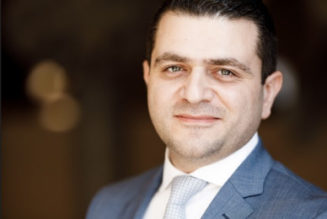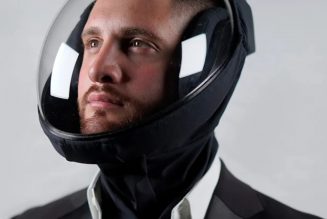While vaccines for the world-stopping coronavirus could be months, or even years away – there are some researchers who are looking to see if they can stop people who are at high risk of getting sick in the first place.
The Verge writes that this is a proven strategy and preventative drugs have been used for decades to help people protect themselves against malaria, and more recently, against HIV.
There has never been an effective vaccine against HIV, but now people can take a daily medication that reduces the risks of contracting the disease from sexual activity by 99%. Known as Pre-Exposure Prophylactic, or PrEP, the drug is used to prevent disease in people who haven’t yet been exposed to it.
“We have an incredibly powerful tool that can, for myself personally, protect me from HIV,” says James Krellenstein, co-founder of the PrEP4All Collaboration and an organizer of a COVID-19 working group in New York.
/* custom css */
.tdi_3_c9c.td-a-rec-img{ text-align: left; }.tdi_3_c9c.td-a-rec-img img{ margin: 0 auto 0 0; }
Krellenstein published a report last week outlining the clinical trials underway to find drugs that can prevent COVID-19. People become ill when exposed to viruses because the virus spread through a person’s body via replication. Most anti-viral drugs are designed to stop that replication process.
Caleb Skipper, an infectious disease postdoctoral fellow at the University of Minnesota, says that giving someone the drug early when there’s only a small number of virus particles in the body is going to be more effective than waiting until the virus is everywhere. In theory, the drug could be even more effective if it’s already in the body when the first virus appears.
Skipper himself is part of the research team currently running a clinical trial to see if the highly-controversial hydroxychloroquine – proven to stop the coronavirus from replicating in a test tube – can keep health-care workers from catching COVID-19.
There are some researchers that are looking outside of hydroxychloroquine. At Johns Hopkins, researchers are testing to see if convalescent plasma, the antibody-rich blood of COVID-19 survivors, could be protective. A trial is expected to begin soon.
“You could imagine everyone in a meatpacking plant could get this. You could imagine everyone in the White House could get this, people at high risk,” says David Sullivan, professor of molecular microbiology and immunology at the Johns Hopkins Malaria Research Institute, who’s involved in the plasma research. “It’s a way for those critical people to get immediate immunity.”
This trial seeks to test if the plasma actually does protect against the virus, and if so, how long does this protection last. “Plasma is a single dose — you could go in and get it once and have protection for a month, or six weeks,” Sullivan says. “We think that this is one of the essential steps to returning us to a functioning society. But we have to demonstrate that it works.”
“Treatments are important”, Sullivan continues, “they help put out fires that are already raging. Prophylaxis is like throwing water on a box of matches. Wet matches aren’t going to light in the first place.”
Edited by Luis Monzon
Follow Luis Monzon on Twitter
Follow IT News Africa on Twitter
/* custom css */
.tdi_4_59e.td-a-rec-img{ text-align: left; }.tdi_4_59e.td-a-rec-img img{ margin: 0 auto 0 0; }









